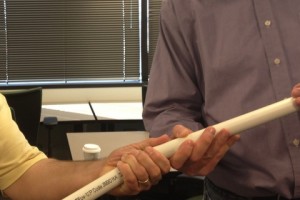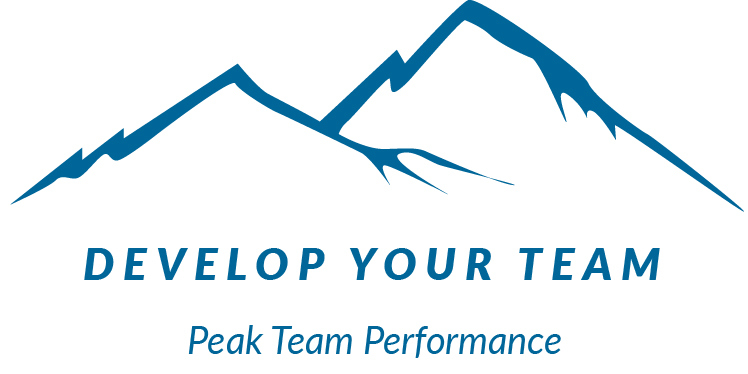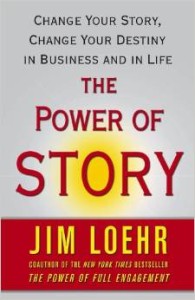Have you seen it? People rolling their eyes when you bring up team-building? Well, maybe not eye-rolling exactly, but perhaps a slight cringe or something else in their body language that says they’re not too keen on the idea. Why is that?
Having had many experiences myself in the team-building arena, I have some theories. I’d have to say first that for me, every one of the actual “team-building” events I’ve participated in was a positive experience at the time. But only a few had any lasting impact. What made the difference? What takes a team-building event from a fun outing or activity to a different level, where it actually results in a team of people moving toward higher functionality and performance? That phrase itself is part of it – “moving toward … functionality and performance.” Because true team development is not a one-shot deal. And while a fun day at the park, beach, golf course – you get the idea – can be an integral part of developing a team, it takes more than that to have a real impact on team dynamics for the long-term.
Think about the team-building events that you may have been part of. Were there clear goals? Did all of the participants understand the goals from the beginning? What kind of follow-up was there to any activities you participated in? Did team members ever talk about their experiences or what they learned?
It takes a skilled facilitator to effectively interact with activity participants so they create meaning from their experiences. Without effective facilitator planning and guidance, a lot of time and money may be spent with no meaningful outcome for the participants or the organization.
A scavenger hunt is a classic example of a team-building activity that is fairly easy to initiate and often incorporated in a conference setting. Have you participated in something like that before? It was probably great fun to work with your team to find and photograph different items. But was your activity designed in a way that maximized engagement and participation; that tied to team and organizational goals from beginning to end; that gave participants an opportunity to gain insights about the way they communicate and interact as a group; that encouraged them to share and make meaning from those insights? These are the kinds of things that can elevate “team-building” to lasting and powerful team development.
What kind of team-building activities have been most effective for you? What made them so?



